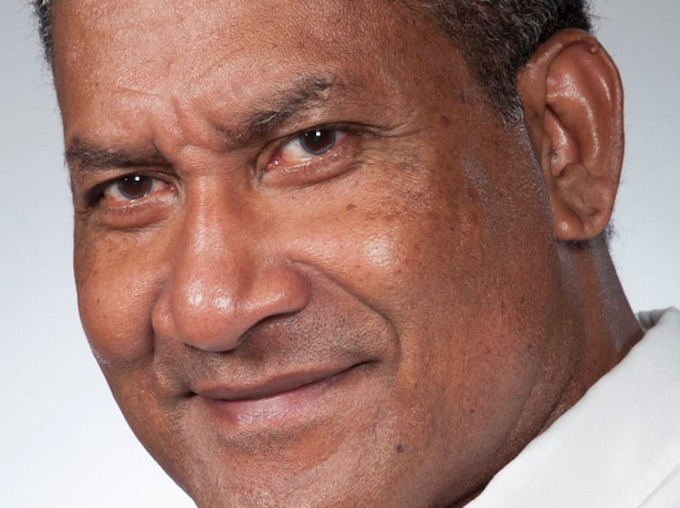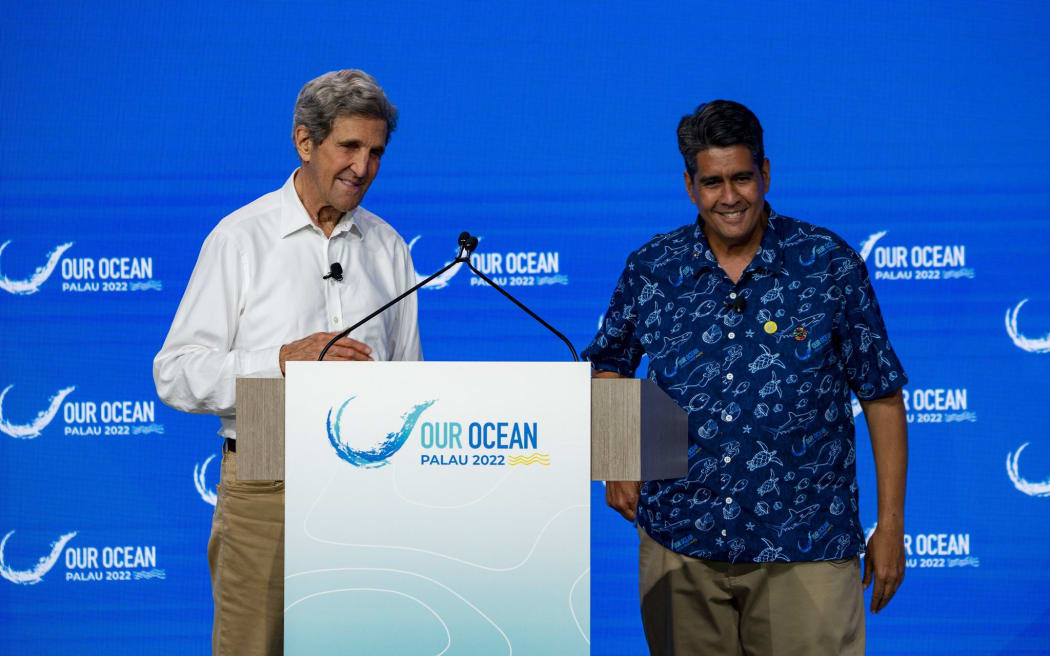
By Susana Suisuiki, RNZ Pacific journalist
An Aotearoa New Zealand-based Fijian professor of Pacific studies says the increase in the frequency of natural disasters and land erosions, and rising ocean temperatures means new terminology is now needed to reflect how drastic the environmental challenges have become.
Professor Steven Ratuva, who is the co-leader for a New Zealand-government supported research project called Protect Pacific, said the term “climate change” doesn’t fully address the impacts seen throughout the Pacific and elsewhere globally.
Dr Ratuva, director of the Macmillan Brown Centre for Pacific Studies at the University of Canterbury, said it was time to shift away from saying climate change.
“The word climate change has been around for some time, people have been using it over and over again,” he said.
“Of course climate changes, it’s naturally induced seen through weather, but the situation now shows it’s not just changing, but we’re reaching a level of a crisis — the increasing number of category five cyclones, the droughts, the erosion, heating of the ocean, the coral reefs dying in the Pacific, and the impact on people’s lives.
“All these things are happening at a very fast pace.
“So the words climate change do not address the dramatic changes taking place so we need another new way of framing it so the term climate crisis is being used now because we are right in the middle of it.”
Protect Pacific is a research project looking at climate crisis across the Pacific region and is led in partnership with the University of Canterbury, the University of the South Pacific and the New Zealand government.
At the recent Oceans Conference in Palau, New Zealand Minister Aupito William Sio announced that his government will allocate US$3 million to the project which Dr Ratuva said would mostly go towards research to be carried out across 16 Pacific islands.
The research project would be mainly led by the Pacific, for the Pacific and Dr Ratuva said it was an opportunity for the Pacific to finally participate in a study that took into account their lived experiences.

However, he added that the Pacific’s heavy dependence on aid had meant the region had had to look elsewhere for climate expertise rather than relying on their own indigenous knowlege.
Dr Ratuva said aid had not allowed the Pacific to express their independence fully.
“The pattern of economic development, the pattern of governance, the pattern of doing things, has always been reliant on aid donors — they define what has to be done with the money.
“Often the Pacific climate policies are driven by the international narratives from the United Nations, from the various aid donors so it’s important that the evidence should be generated within the Pacific using our own expertise.”
This article is republished under a community partnership agreement with RNZ.
“Of course climate changes […] but we’re reaching a level of a crisis – the increasing number of category five cyclones, the droughts, the erosion, heating of the ocean, the coral reefs dying in the Pacific, and the impact on people’s lives.” https://t.co/RqeBq44RkG
— RNZ Pacific (@RNZPacific) May 6, 2022












































